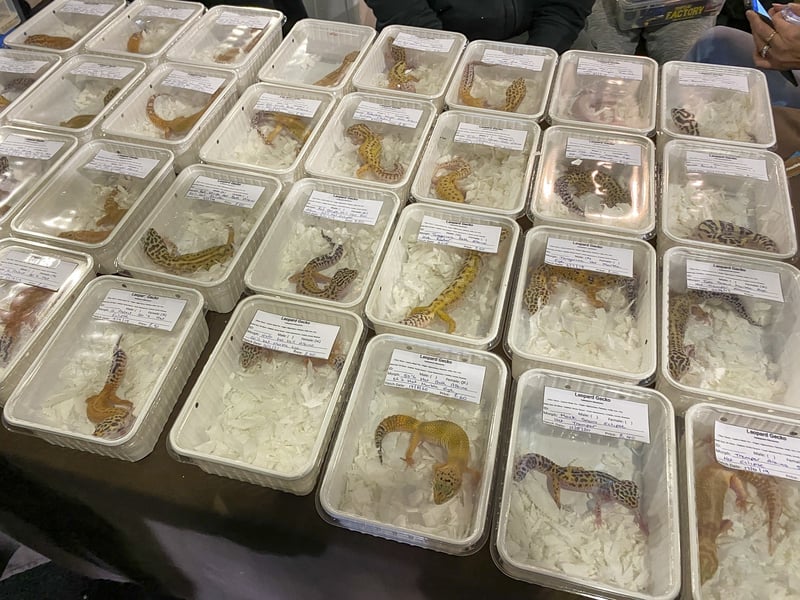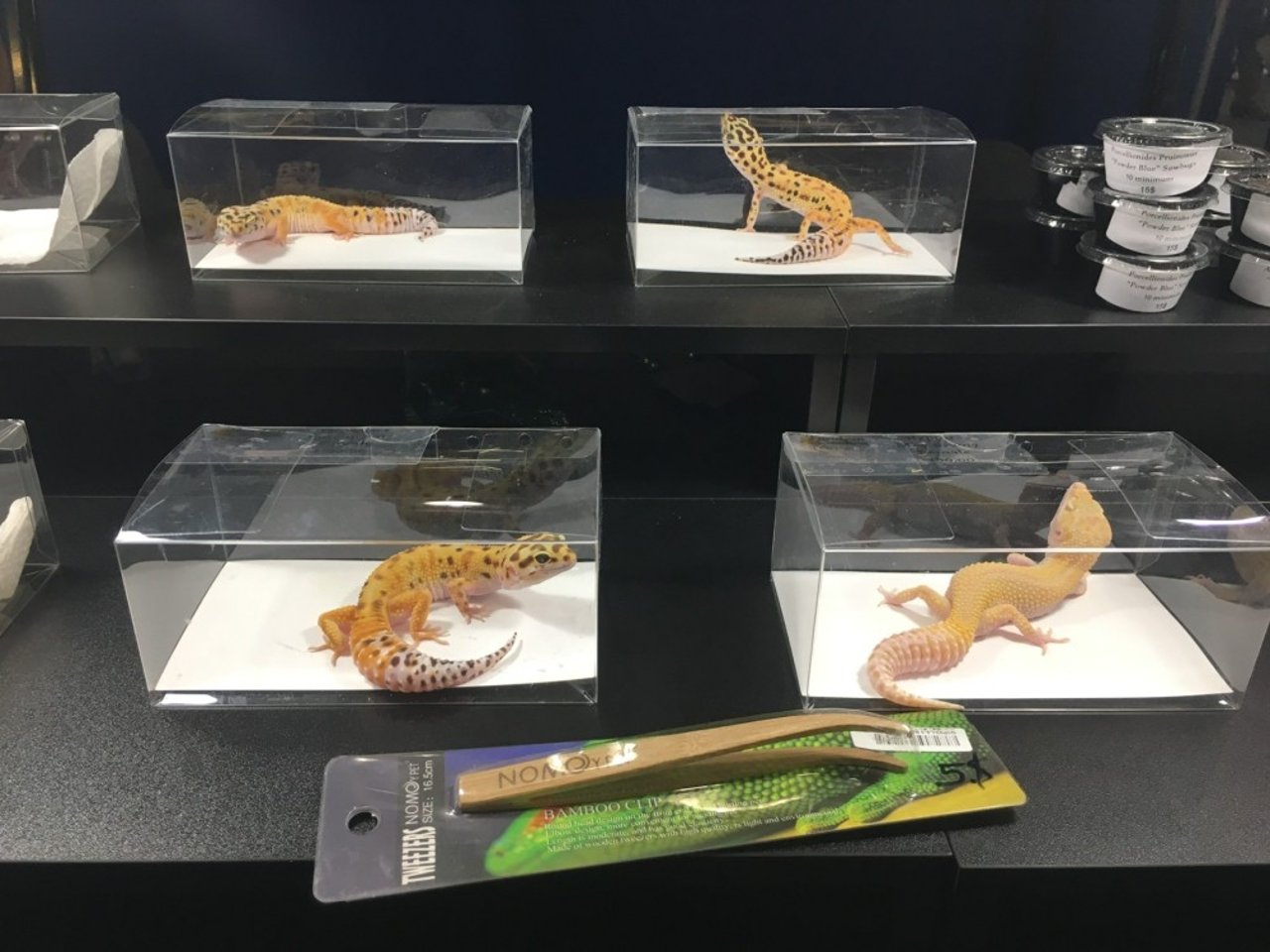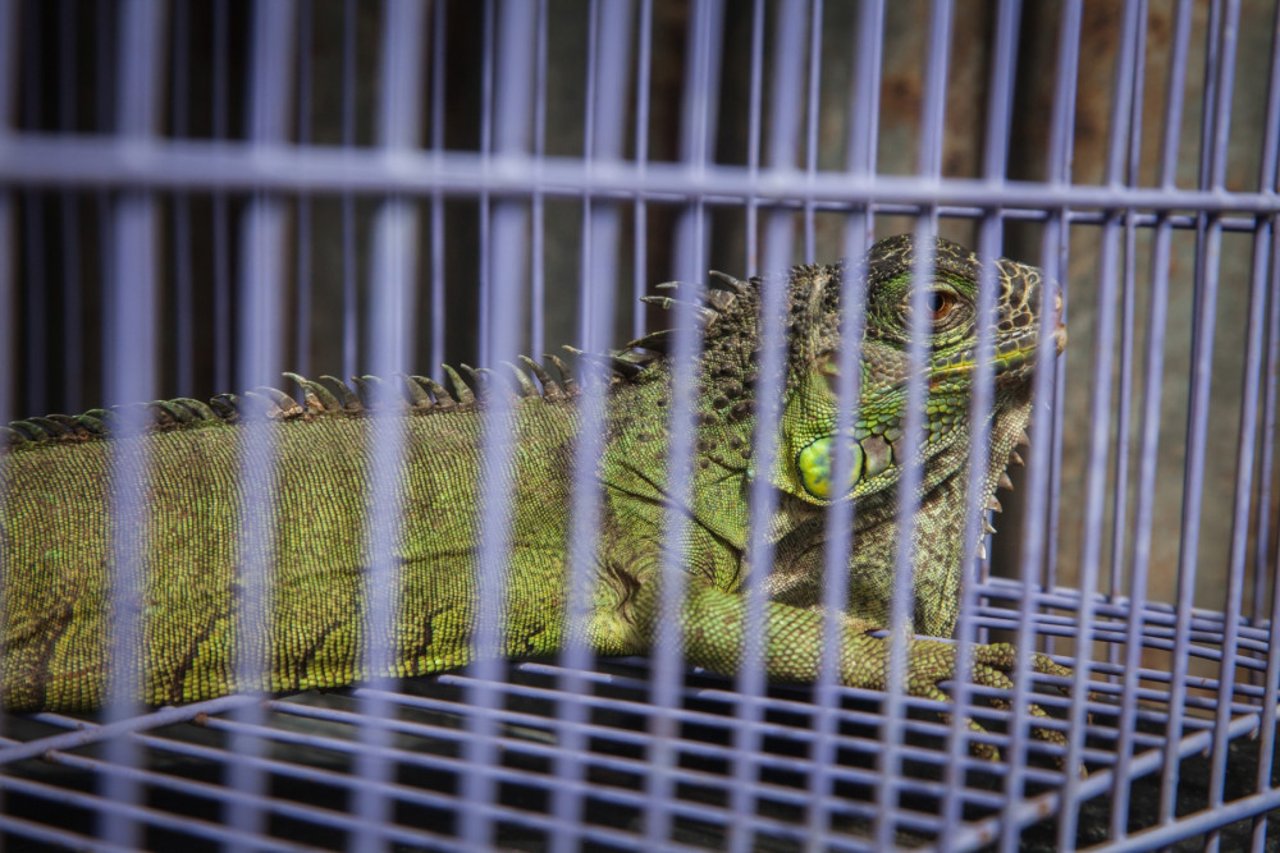
Did you know that 47% of people that buy a reptile barely do any research prior to purchasing the animal? Today, on Reptile Awareness Day, let’s take a moment to raise awareness on why reptiles do not make good pets and why we are asking PetSmart to stop the sale of these animals.
1. Reptiles are wild animals
Whether bred in captivity or captured from the wild, reptiles are wild animals, they are not like domesticated animals like cats and dogs.
You might know that reptiles are often kept in environmentally controlled (heat, light, humidity) tanks, this is because most of them wouldn’t be able to survive in our homes otherwise. However, tanks restrict their movements and limit their behaviours, which can lead to stress and health problems. Unfortunately, many reptiles end up dying because of their captivity.
2. Despite being labelled as “beginner” pets, reptiles are not easy to take care of.
PetSmart has labelled many reptiles as “beginner” pets, but this couldn’t be further from the truth.
In the wild, reptiles have busy lives where they hunt for food, socialize with other reptiles, and sometimes travel for many kilometers. They require large spaces, a range of temperatures, and many more things to keep them mentally and physically healthy. Most diseases captive reptiles might suffer in their lifetime don’t exist in the wild but are related to their captivity.
Exotic pets on display at a reptile and exotic pets breeders’ expo.
3. Interacting with reptiles can be a health risk for people
Reptiles, such as turtles, lizards, and snakes, can carry Salmonella, which can cause serious illness in people. Children under 5 years of age, pregnant individuals, and anybody who is immunocompromised are especially at risk.
Multiple Canada-wide Salmonella outbreaks related to the keeping of reptiles have occurred in the past 10 years. Public health agencies throughout Canada advise people who are at risk to not interact with reptiles and to not keep reptiles in their homes.
The global trade of wild animals is putting our health at risk.
4. PetSmart’s inconsistent policies
You probably know that PetSmart doesn’t sell dogs or cats. How would you feel if they did?
Selling puppies and kittens in pet stores has become unacceptable for many people. So why sell reptiles or other animals?
Reptiles are sentient, intelligent, wonderful animals who can feel pain, anxiety, and stress, but also happiness and joy, just like dogs and cats. Reptiles deserve the same consideration and protection as our beloved dogs and cats.
A caged iguana for sale
5. Shelters are burdened with unwanted reptiles
PetSmart and PetSmart Charities are on the forefront of animal welfare when it comes to dogs and cats by working closely with shelters and rescue centers. But what about the other animals?
Did you know that many shelters don’t take in reptiles because they don’t have the resources, expertise, or space? When a reptile kept at a home isn’t wanted anymore there is not really a place for them to go. This results in many animals being abandoned and disposed of.
What can you do to help? Urge PetSmart to stop supporting this cruel industry!
As the largest pet store chain in Canada, and the only big box store still selling reptiles and amphibians, PetSmart is contributing to the cruel multi-billion-dollar trade that exploits wild animals on an industrial scale.
Do you agree like us that PetSmart shouldn’t sell reptiles?
Tell PetSmart to stop the unnecessary suffering of animals. Share your concern with PetSmart’s CEO now.
Featured image: Adam Gerrard / Daily Mirror

